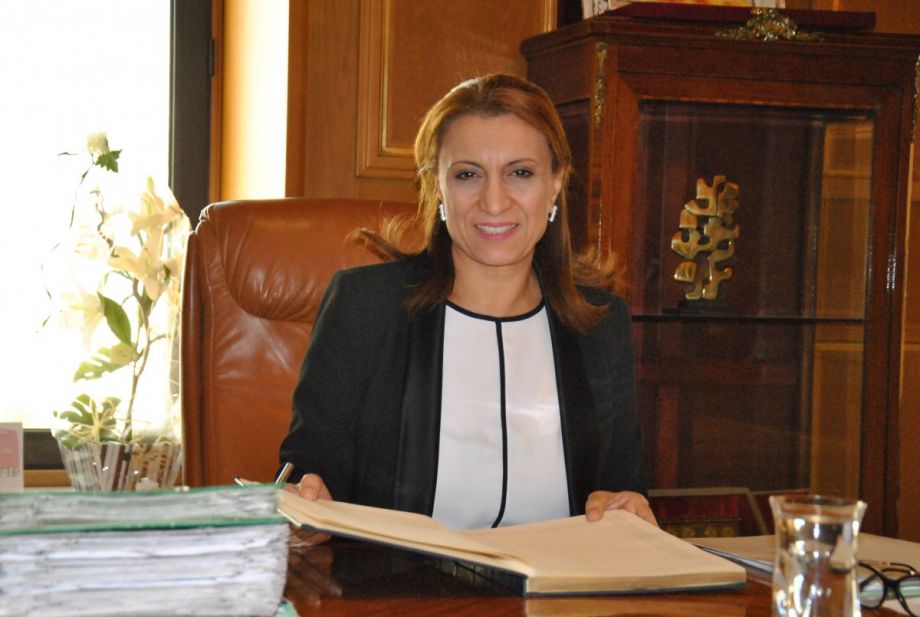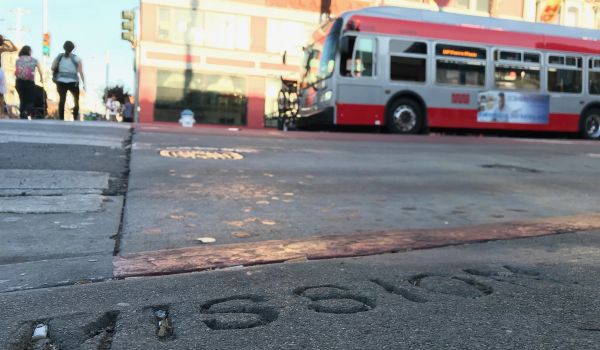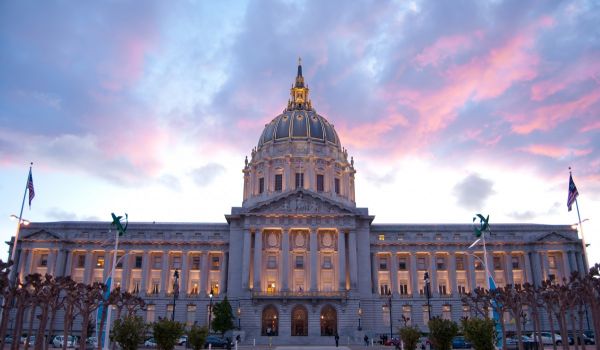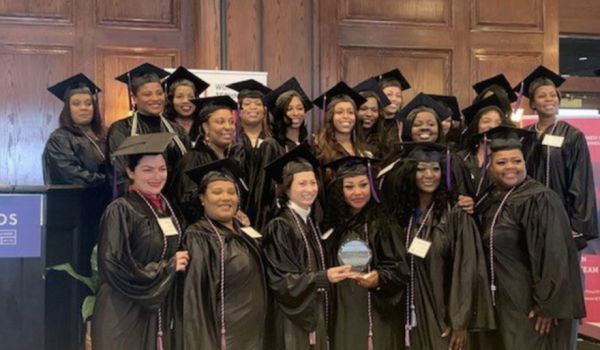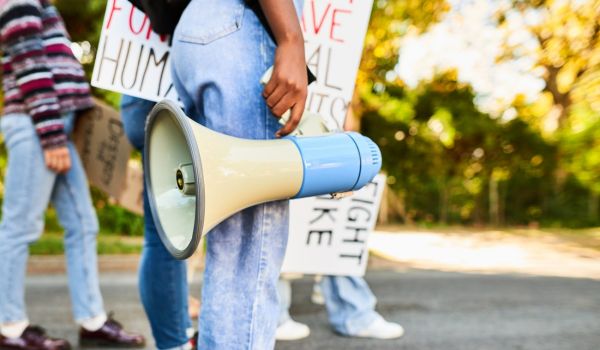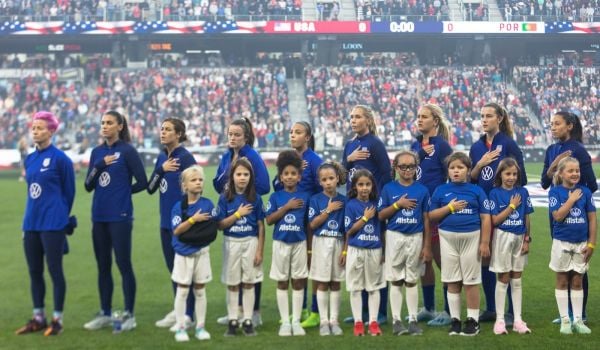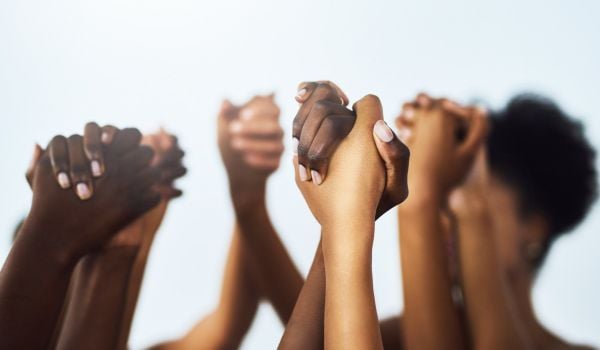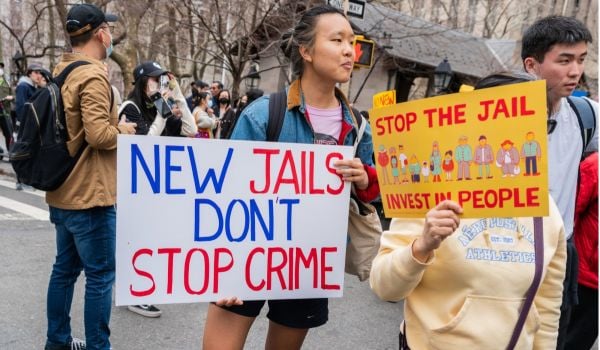The Arab Spring began ten years ago this December when a Tunisian fruit vendor set himself on fire to protest police harassment and corruption under the North African country’s autocratic regime. After toppling governments across the region, the popular uprising has a mixed record. Some countries remain mired in violence and have little social, economic, or political progress to show for their efforts a decade later. In some countries, strongarm rulers remain in power.
Tunisia is arguably the Arab Spring’s biggest success. The so-called Tunisian Quartet won the Nobel Peace Prize in 2015 for forging a pluralistic democracy out of the Jasmine Revolution, as Tunisia’s uprising became known as. Among the democratic reforms Tunisia adopted: the country’s first-ever direct elections for the mayor of Tunis.
In July 2018, self-made businesswoman Souad Abderrahim won at the polls to become the first freely elected woman mayor of an Arab capital city. Although she belongs to the moderate Islamic party Ennahda, she defies stereotypes, dressing in the latest Parisian fashions with no headscarf.
Next City sat down with Mayor Abderrahim last month on the sidelines of World Urban Forum 10 to learn more about her historic candidacy — as well as the day-to-day issues she faces as a mayor, regardless of her gender.
This interview was conducted in French. It has been translated and edited for length and clarity.
What was your experience as a woman candidate in a Tunisian election?
My campaign was very controversial because we have never heard of a woman mayor of Tunis. For 160 years, the Mayor of Tunis was appointed by the President of the Republic and he always appointed a man. This was the first election and I was the only woman candidate.
As the political and economic capital, the city of Tunis is highly politicized and very symbolic. My candidacy was a huge disruption to the political establishment, which felt as though a woman cannot be a politician, cannot sell ideas, cannot inspire confidence in her citizens. Even the very progressive political parties did not nominate women.
I disputed all these notions. Studies have shown that women who run companies experience less corruption than those run by men. The education rate of women in Tunisia is 54 percent, much higher than men, and they have more master’s degrees.
As you can see, our presence in power is not by chance. It is because women show up, because of activism on the part of Tunisian women — and Tunisian men.
Does your faith pose any issues for serving in this public role?
Nothing religiously prevents a woman from being mayor of a city. After the elections, some of the progressive political parties asked how I would conduct the traditional ceremony to welcome the president to pray in the Jamaa Zitouna mosque on the 27th day of Ramadan [the so-called “Night of Power” when the prophet Muhammad received his first revelation] and also on the birthday of the prophet Muhammad.
Everyone asked: “What is she going to do? She must be there.” But nothing prevents a woman from being in the mosque. Even before I was inaugurated, I did the ceremony. I went with several female friends. It sent a positive message to say, “We can be here too!”
Did your electoral success inspire other women to run for municipal councils or mayor?
Yes, we are very symbolic now, because nobody thought that a woman can win elections. Moreover, we now have an electoral law obliging political parties to present electoral lists with horizontal and vertical parity.
That is why currently, 20 percent of mayors are women and 80 percent of vice-mayors are women, because the law requires that if the mayor is a man, then the first vice-mayor must be a woman!
But women work in more difficult conditions than men. They’re threatened and criticized all the time, especially in smaller cities. My experience at city hall has gone well, but there are many sisters in this area who experienced some problems during their electoral campaign and even after the inauguration of the municipal council.
Ten years after the Arab Spring began in Tunisia, what has changed, and what has not?
The revolution followed major inequality between the citizens and I think that this inequality is no longer there. It is true that socio-economic conditions are very difficult, but we have raised the threshold of freedom within our constitution: freedom of religion, freedom of expression, democratic rights, affirmative action for disadvantaged regions. These are the principles that lead this period of democratic transition.
But we must have a new strategy for economic development, because with freedom of expression now our citizens have higher expectations. There are more complaints. We have inflation because salaries increased without an increase in productivity. We took on loans, but it was for consumption, not for investment. We are in absolute discord, we are very aware of this.
On the municipal scale, we must work via public-private partnership in order to restore the city and build new roads and infrastructure.
What are your biggest successes in your first 18 months in office?
We have invested a lot in culture, which I believe makes a city more inclusive. We hosted Dream City, a contemporary performance art festival, and Interférence, a light and projection art event. We created a city museum in the Médina, the heart of the old city. We moved the annual Festival of the Médina out into disadvantaged neighborhoods. We also launched two prizes, one for culture and one for litterature.
Every Sunday we ban cars from the city center. But it’s not an excuse to stay at home! We host cultural, artistic, and sports activities to keep people active. On Sundays you will find trainers who host fitness classes in each of our 15 districts. We are upgrading our parks and green spaces, as well as building athletic fields and courts out in the neighborhoods so our young people can find somewhere to play.
What are the biggest challenges facing Tunis?
According to polls after the elections, the city’s cleanliness indices still leave something to be desired. Our current waste recovery management method is the landfill, which I consider very harmful for the environment. I would like to see a very large recovery project that transforms this waste into energy.
In January, we dealt with a six-day public sector sanitation workers strike. We signed contracts with private companies and we were able to provide the bare minimum of municipal services. I engaged in direct dialogue with the strikers and I convinced them to return to work in 48 hours.
Our special correspondent Gregory Scruggs will be in Abu Dhabi to cover World Urban Forum 10, taking place February 8 through 13, 2020. To stay on top of the essential conversations and innovative solutions presented at WUF 10, sign up for Urban Planet, our global sustainability newsletter.
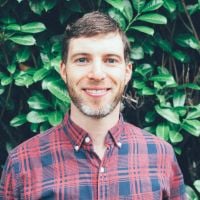
Gregory Scruggs is a Seattle-based independent journalist who writes about solutions for cities. He has covered major international forums on urbanization, climate change, and sustainable development where he has interviewed dozens of mayors and high-ranking officials in order to tell powerful stories about humanity’s urban future. He has reported at street level from more than two dozen countries on solutions to hot-button issues facing cities, from housing to transportation to civic engagement to social equity. In 2017, he won a United Nations Correspondents Association award for his coverage of global urbanization and the UN’s Habitat III summit on the future of cities. He is a member of the American Institute of Certified Planners.



